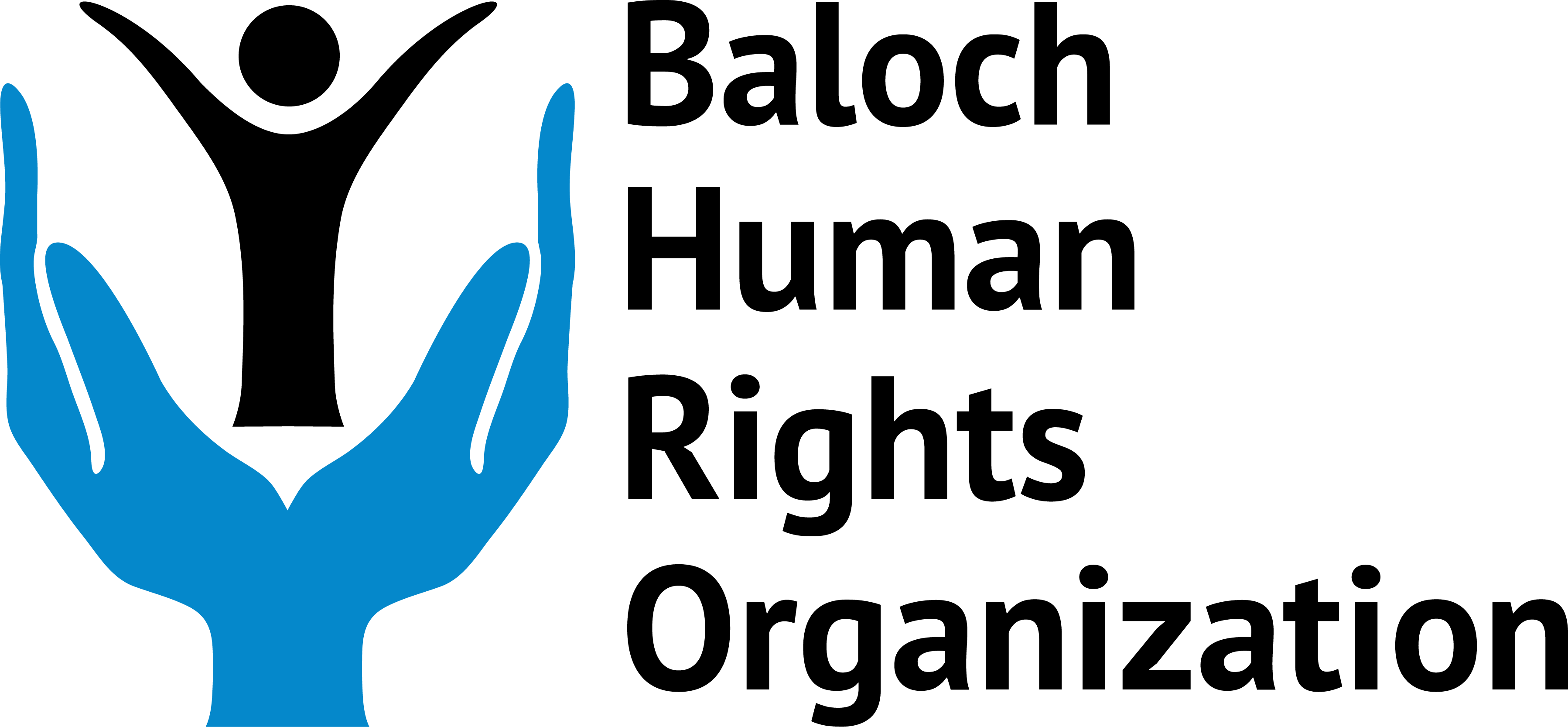
Baloch Human Rights Organization Chairperson Bibi Gul Baloch, in a statement said that release of enforced disappeared persons by the state is welcoming and we appreciate these steps but the state, on one hand, have released 11 people out of thousands of victims of enforced disappearances and on the other side enforced disappearance of people is continuing. 7 people were forcefully disappeared by forces in Tump area of Kech district two days ago. At first, the government should end the widespread campaign of enforced disappearances, extrajudicial killing, and military operation if the government is serious in addressing human rights violations in Balochistan and particularly the issue of enforced disappearances. On the contrary, the forces are continuously committing the above-mentioned human rights violations on daily basis.
Bibi Gul Baloch further said that we had a meeting with Chief Minister of Balochistan on the issue of enforced disappearance. He assured to release the enforced disappeared persons in 2 months. We hope that Chief Minister of Balochistan will fulfill his promises and release the enforced disappeared persons and will take steps to end enforced disappearances in Balochistan.
I want to make it very clear that our struggle for the safe release of enforced disappeared person continues and will be continued until the last victim returns home, said Chairperson of Baloch Human Rights Organization.













